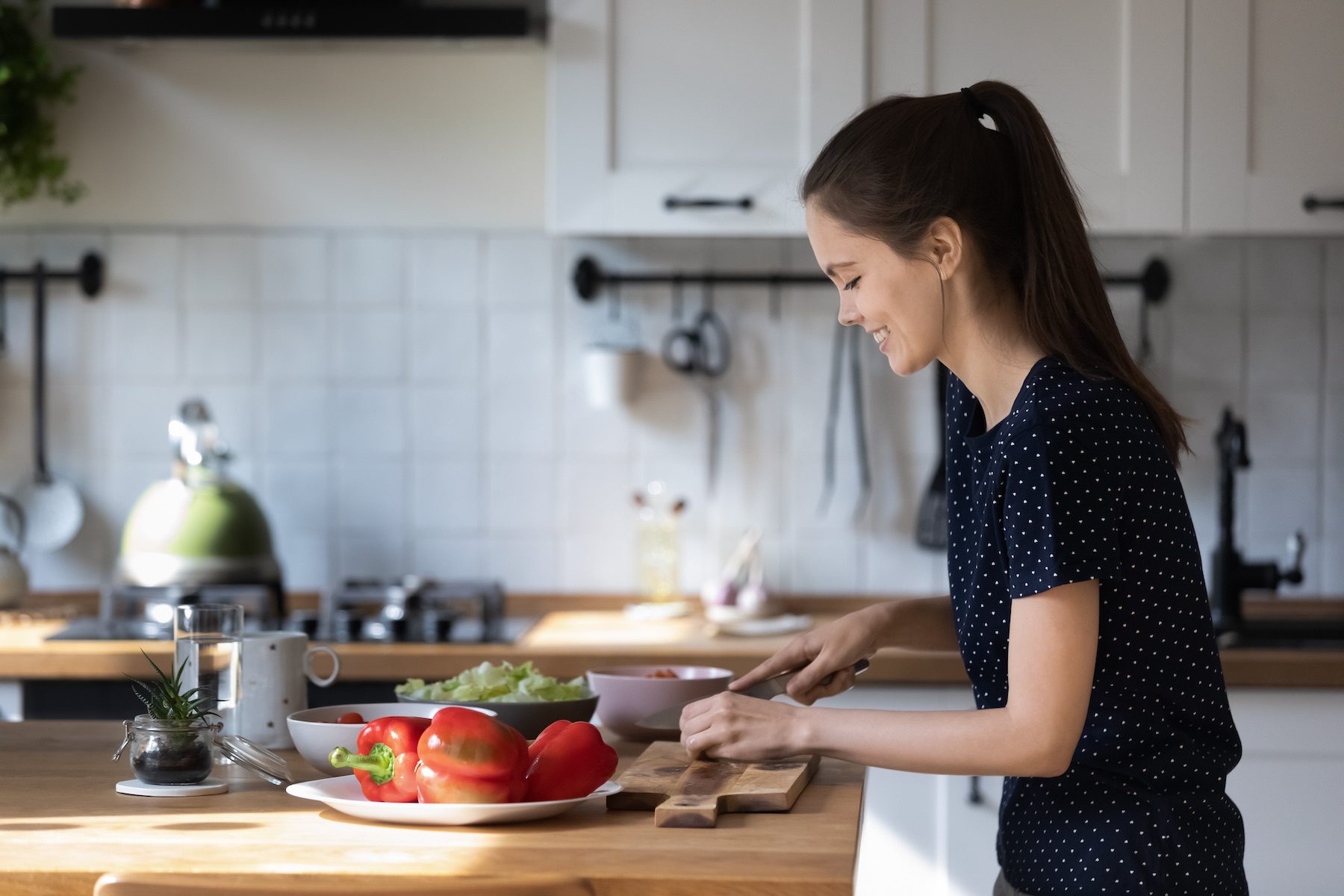Are you looking for a way to track your food intake and improve your health and fitness? If so, a food tracker app might be just what you need. With so many options available, it can be overwhelming to choose the right one for your lifestyle.
In this post, we’ll explore what a food tracking app is, why people use them, what to look for in a food tracker and what type of food tracker will best align with your goals, plus provide some inside knowledge on how Equalution can help.

Table of Contents
What is a Food Tracking App?
A food tracking app is a mobile app that allows users to record and track the food they eat. These apps are designed to help users monitor their calorie intake, macronutrient intake (carbohydrates, protein, and fat), and micronutrient intake (vitamins and minerals).
Food tracking apps typically have large databases of food items, including information about their nutritional value, which users can search and use to log their meals. Some apps also allow users to scan the barcodes of packaged foods to automatically log the nutrition information.
The app may also have features that allow users to set calorie or nutrient goals, track their progress over time, and receive feedback or recommendations based on their logged data. This information can be useful for people looking to manage their weight, improve their diet, or monitor specific nutritional needs.
Why do people use food tracking apps?
People use food tracking apps for a variety of reasons, including:
- Weight management: Tracking food intake can help users monitor their calorie intake and ensure they are staying within a healthy range to achieve their weight loss or weight gain goals.
- Improved nutrition: Food tracking apps can help users track their macronutrient and micronutrient intake, and ensure they are getting all the nutrients they need to maintain good health.
- Identifying food allergies and intolerances: By tracking their food intake and any associated symptoms, users can identify foods that may be causing adverse reactions.
- Supporting specific dietary needs: Food tracking apps can be helpful for people following specific diets, such as vegetarian, vegan, or gluten-free, by ensuring they are getting the right balance of nutrients.
- Accountability and motivation: Some users find that tracking their food intake helps keep them accountable to their health goals and motivated to make healthy choices.
What to Look for in a Food Tracker App
Let’s talk about what to look for in a food tracker app. First and foremost, you want an app that is easy to use and navigate. It should allow you to quickly and easily log your meals, snacks, and drinks, and provide insights into your overall nutrition.
Another important factor to consider is the app’s ability to sync with other health and fitness apps you may be using, such as a fitness tracker or calorie counter. This can help you get a more comprehensive picture of your health and wellness.
You’ll also want to consider the app’s features. Some food tracker apps offer personalised meal plans, recipe suggestions, and even grocery lists based on your dietary preferences and goals. Others may include social features that allow you to connect with other users for motivation and support.
A food tracking app like Equalution provides all of the above, along with the option to have 1:1 nutrition coaching from a trained and qualified nutritionist, which allows you to get individualised advice and guidance throughout your journey.

How to find the best food tracking app for you
Now that we’ve covered the basics of a food tracking app, why people use them and what to look for, let’s explore how to find the best food tracking app for you. We understand finding the best food tracking app for you can be a bit overwhelming given the multitude of options available. Here are some tips that may help you:
- Determine your specific diet and fitness goals:
Before you begin your search, determine what your specific goals are, such as losing weight, building muscle, or maintaining a healthy lifestyle. This will help you narrow down your choices and find an app that aligns with your goals. - Consider the app’s features:
Different apps offer different features, such as meal planning, calorie tracking, exercise tracking, and community support. Consider which features are most important to you and choose an app that offers those features. - Check the app’s credibility:
Check to see if the app is developed by reputable organisations or experts in the field of nutrition and health. A trustworthy app will likely be backed by scientific research and be developed by qualified professionals. - Try the app out:
Many food tracking apps offer a free trial or a free version with limited features. Take advantage of these options to test out the app and see if it is a good fit for you.
Remember, the best food tracking app for you is the one that you will use consistently and that helps you achieve your health goals. Focus on consistency in all aspects of your health journey.
You can now try out Equalution for as little as $49 per month which will provide you with individualised meal plans, with opportunity to switch out meals, food, calorie & macro tracking, water tracking and shopping lists.
